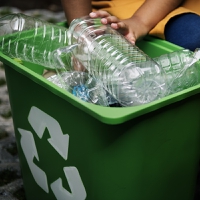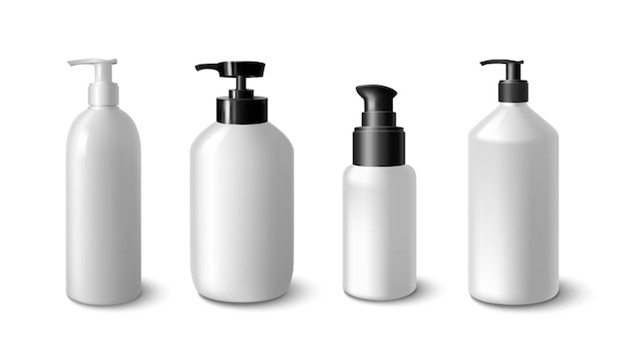


The report, funded by the Rethink Plastic Alliance and Break Free from Plastic movement, details how charging companies differentiated fees according to the environmental sustainability of their products could incentivize producers to stimulate a more circular economy.
“Redesigning products and packaging addresses the issue of waste at the most upstream source and places responsibility there,” explains Blaine Camilleri, policy officer at the European Environmental Bureau on behalf of the Rethink Plastic alliance.
The eco-modulation of EPR fees is “an effective way” of incentivizing the redesign of products by making them more sustainable and circular, and shifting the focus of waste prevention to the design phase, he details.
“EPR fees should reflect the true environmental costs of products and serve as a price signal for consumers to opt for sustainability when making their consumption choices.”
The importance of eco-modulation
Modulating fees for different packaging materials depending on sustainability criteria such as recyclability is already practiced in various EPR schemes around Europe. For example, infinitely recyclable materials like glass have lower fees than harder to recycle materials like flexible plastics.
However, in current EPR systems, most eco-modulation criteria, such as sortability, recyclability, market demand of secondary raw material, are primarily focused on improving the recycling of packaging and not on generating less waste in the first place.
Since packaging is not a durable product and typically turns to waste after one use only, product lifetime-related criteria, such as durability, do not play a significant role in fee modulation unless there is an increased focus on reusable packaging.
The report argues that reusability can play an essential role in reducing waste; however, most EPR schemes currently promote recycling and end up inadvertently discouraging reuse as a more expensive alternative.
Innova Market Insights has highlighted the importance of reusability as a criteria of waste reduction, marking the “Reusable Revolution” a top packaging trend for 2021.
The market analyst notes the majority of global consumers (52%) believe reusable packaging is the most sustainable model, followed by recyclable (50%) and recycled (39%), biodegradable (31%) and compostabl
Implementation challenges
Besides these issues, EU member states also face a range of implementation and enforcement challenges that further complicate the use of EPR systems for waste prevention.
These challenges include:
1) Lack of uniform modulation criteria and fees across member states, which “creates complications within the domestic market and weakens the effort for EPR to achieve the desired results.”
2) Limited availability of data on the real costs of end-of-life (EoL) treatment as well as product specifications, which is needed to estimate EPR fees and eco-modulation.
3) Governance challenges: free riding, reporting and enforcement challenges leading to distortion of EPR internal market by making it difficult for uniform and widespread adoption among producers.
4) In competitive EPR scheme
an increase in EPR fees could create a competitive disadvantage for certain PROs. Certain Producer Responsibility Organizations (PROs) would be impacted more than the others depending on the product portfolio.
Addressing the issues
The report suggests supplementing the EU’s current recycling targets with reuse targets, which would provide a regulatory basis for stakeholders involved in an EPR system to develop reuse systems.
This would require expanding the scope of cost coverage and “necessary costs” to include costs required to build a value chain for reusable packaging. To meet the new cost coverage to achieve reuse targets, EPR fees would have to be increased, which in turn would increase the revenue generated.
However, care should be taken while increasing EPR fees. Following the principle of waste hierarchy and eco-modulation, EPR fees should be increased for single-use packaging, it suggests.
Conversely, reusable packaging should be incentivized through lower or no fees for producers to shift from single-use packaging to reusable packaging.
“The increase in revenue generated will further need to be utilized to develop the logistical infrastructure required to ensure the reusable packaging reaches back to the producers for reuse. This would need sound governance, more data and increased transparency, which a centralized online public register can meet,” concludes the report.







